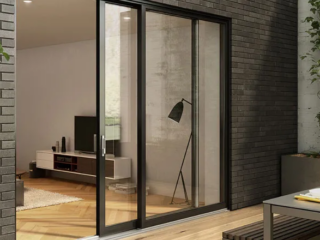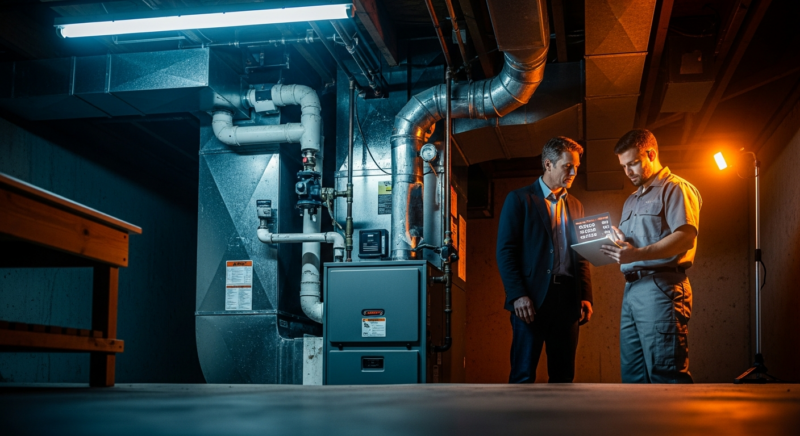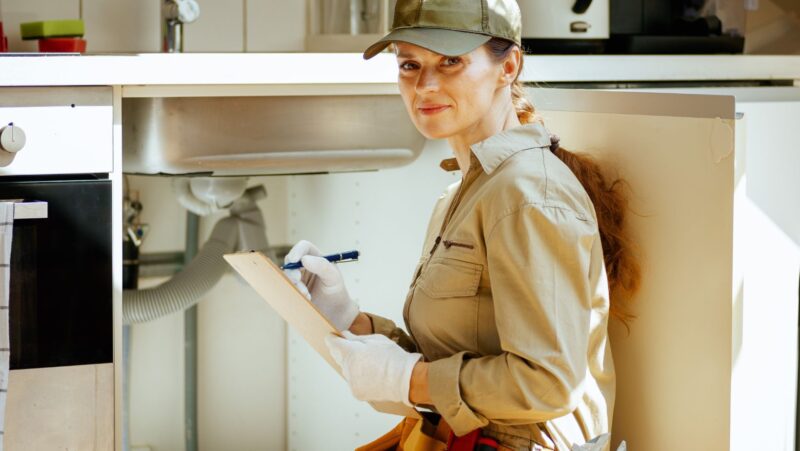
If you’re familiar with white stains on your faucets and the chalky residue in your sink, they’re the result of hard water. Unless you live in a rare soft water zone, your home will be supplied with water that’s high in dissolved minerals like calcium and magnesium. Over time, this can cause serious damage to your plumbing and appliances. It can even threaten the structural integrity of your property. In this article, we’ll discuss how hard water affects your home and what you can do about it.
Hard Water and Plumbing Systems
When hard water is heated, such as when you run the hot faucet or take a shower, it can cause deposits of calcium carbonate to build up. This becomes an issue because it blocks pipes, affecting water flow. If left untreated, it can lead to corrosion and in a worst-case scenario, expensive plumbing repairs.
Does Location Matter?
Water hardness varies by region, and since the mineral makeup of your water is different depending on where you live, the way you should treat it varies as well. For example, homes in arid areas like Arizona often have higher mineral concentrations, compared to soft water regions like Washington.
This means the Ideal water softener for Tucson homes may be different from the best system for properties in Seattle.
Damage to Your Building
Hard water can seep its way into concrete, brick, mortar, and stone. Beyond leaving unsightly marks, it can weaken bonds between tiles or joints, causing cracks and jeopardizing your home’s structure. Fortunately, there’s an easy fix: installing proper drainage, sealing porous materials, and using water flotation systems. This will protect your property from long-term damage.
The Effect on Your Appliances
Hard water affects everything it comes into contact with, and if it feeds into your appliances, they’re at risk too. Everything from your coffee maker to your washing machine can be affected by mineral deposit buildups. The main issue to worry about is your water heater. When sediment collects in the tank, it becomes less efficient. This directly impacts your finances through higher energy bills.
Stains and Residue
Polishing bathroom fixtures, scrubbing sinks, and wiping glass shower doors can feel like a never-ending story when you’re battling hard water.
It’s frustrating, but you have to be vigilant, as leaving the stains for too long can corrode metal.
Long-Term Solutions to Protect Your Home
If you’re planning a new build or renovation, factor in a smart water treatment system. It’s essential for any modern home. Look for plumbing materials that are resistant to mineral buildup, like PEX or copper pipes. Your best option is always to choose a high-quality water softener to prevent hard water issues before they start. However, you can fit softening systems retroactively as well.
Endnote
Hard water can damage your home’s aesthetics, structure, and systems, reducing the efficiency of heating, plumbing, and appliances, and costing you money. To save yourself the headache of repairs and replacements, invest in a good water treatment system to keep it running smoothly.













